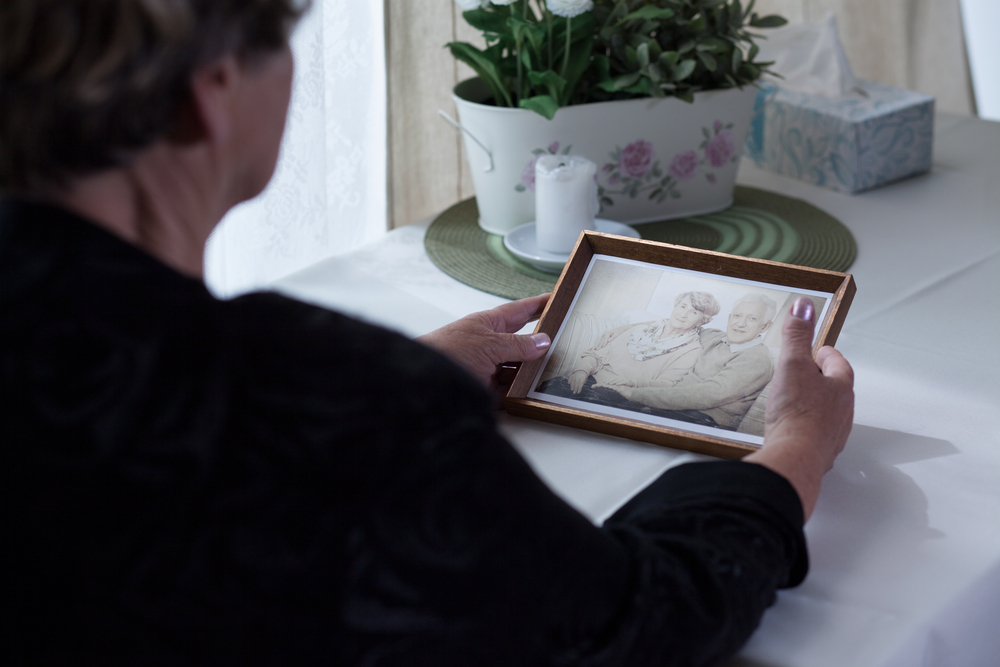Words of Condolence: What to Write in a Sympathy Card
Category:

Expressing sympathy to someone you care about can be a delicate situation. Sometimes, people have a hard time articulating their support during these times and are not sure what to say to comfort those who are grieving. Often, when comforting a grieving friend, people find themselves pulled between the impulse to offer words of support and the reality of being unable to come up with those words.
I am a professor with The Family Institute at Northwestern University’s online Masters in Counseling program and people often ask me how to write a sympathy card that will support a loved one during the grieving process. A common issue with sympathy cards is that people, while well-intentioned, may say things that result in hurt feelings or isolation.
It can be difficult to know how a person will react to a loss because we all respond differently to grief. Situations can become even more complex when the death is unexpected or a tragedy.
What to write in a sympathy card
Finding how to express condolences to someone during a difficult time can be daunting, but success can help loved ones return to a balanced emotional state. To do this, I recommend keeping sympathy cards short and sweet.
People who are grieving likely appreciate your gesture to send a card and might not have the mental energy to read long messages.
Common words of condolence include:
- I am sorry for your loss.
- my condolences to you and your family.
- I am here for you.
- I am saddened to hear about this.
- I am thinking about you and your family during this difficult time.
- May you find peace in your memories.
Adding a personal touch — for example, a specific memory about the deceased — can help a grieving friend.
Knowing what not to write is also valuable. Some common sayings can be interpreted as dismissive and insensitive.
However good your intentions, try to avoid writing the following in a sympathy note:
- Your loved one is in a better place. You may not be sure of the deceased person’s thoughts about life after death, and regardless, you’re now communicating with a living, grieving person in the here and now.
- Everything happens for a reason. Grieving people find it difficult to come up with a reason for their loved one’s death, which may have occurred because of an illness, accident or natural disaster. Don’t assume there’s a reason for it that your friend will also accept. There is a time and place to have a spiritual conversation about death. In the moment of grief is not that time.
- There is no more suffering. Seeing someone you love suffer is awful, but trying to guide a grieving friend toward a silver lining inside new grief can lead to a feeling of dismissal.
Ask your friend how you can help, but also provide specific suggestions. You can offer to shop for groceries, cook meals, do laundry, feed and walk pets — even fill up the gas tank in your friend’s car. These are small things that can really add up to a lot of energy for someone who is grieving.
There is no right or wrong way to grieve, but counselors are trained to help people manage the process. Understand that emotions come in waves, and grief is not a linear experience. After you’ve expressed your sympathy in writing, let a grieving friend know you are really going to be there for them. Don’t just let your sympathy end with the note.
Subscribe
Date: February 13, 2018
Category:


